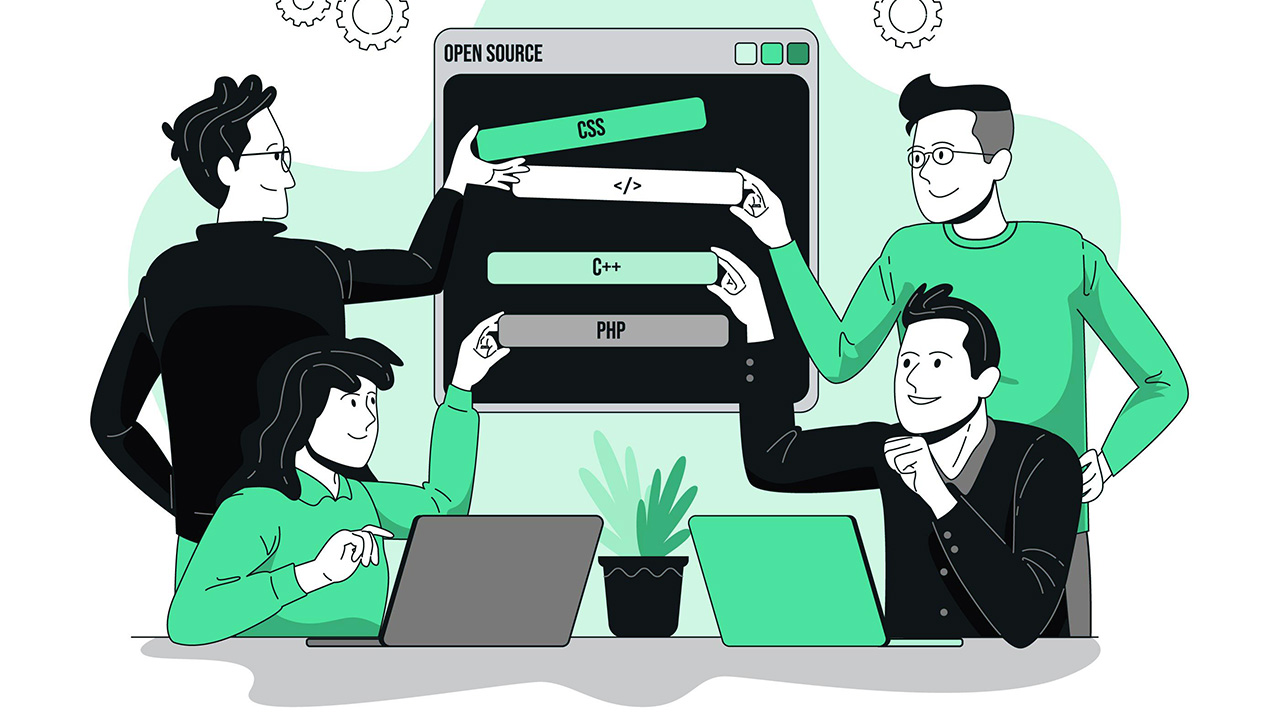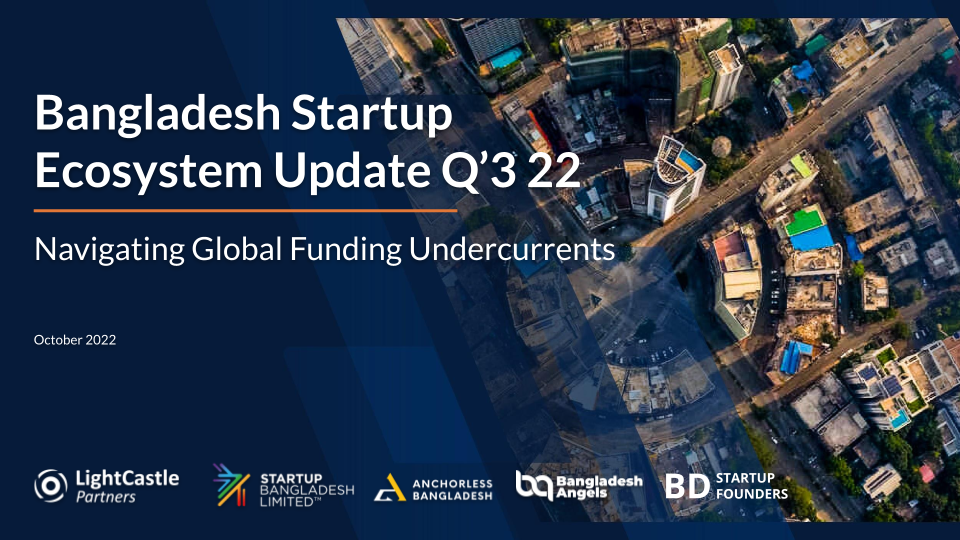GET IN TOUCH
- Please wait...

A brilliant “Idea” strikes you suddenly. You think to yourself, this is truly disruptive innovation. Next, you put together a team and round up investors (possibly via bootstrapping using friends and family networks). Say that takes around three months. The obvious next step is to build the product. Since you are a perfectionist, the product has to be just right. You with your prized team spend the next six months on R&D. After nine months, when you enter the market with a ‘big bang,’ you suddenly find out that customers do not like your product. Moreover, the actual finances do not match your forecasts.
The customer is always right. You have committed nine very important months and significant resources to a product that may not achieve results or will require further investments. So is there a way out of this cycle that reduces investments, in terms of both time and money? The answer may lie with the “Lean Startup Movement”. The term has been popularized by Eric Ries, author of ‘The Lean Startup’ and entrepreneur-in-residence at Harvard Business School.
So what is the magic formula of the lean startup movement? According to Ries, the key is to achieve focus on validated learning via a build-measure-learn loop and to continuously iterate to pivot or persevere based on analytics. Suppose you have conceptualized a mobile application that allows you to register and reach out to blood donors with geographic segmentation. The product has a strong social selling point and you feel has a sizable market. These are then your leap-of-faith assumptions or hypotheses.
However, instead of building the whole application complete with user experience touchpoints (interactive websites, big data architecture, automated response algorithm, social media front end, and whatnot!), the goal would be to build a minimum viability prototype (MVP) that allows you to test out your hypotheses or leap-of-faith assumptions. Once the MVP is developed with the minimum commitment of resources, you simply test the product in the market. Reach out to customers and after explaining the value proposition, ask them to register. If they are excited by the idea and the application usage rate is high, you are likely to be on the right track and can proceed to add other amenities.
In contrast, if customers are unwilling to provide personal information and medical histories, perhaps we need to redesign the product. This is the core principle of the lean movement.
The way forward should be based on feedback from the target market. Also, the subsequent iterations should be contingent on validated learning. This allows the business to stay agile and to continuously correct courses without expending too many resources.
In summary, the lean movement is about being less wasteful, doing things that are right, and discarding those which aren’t achieving results. Lean thinking improves how your business will operate and innovate continuously in a highly competitive and uncertain environment. Furthermore, the principles discussed are applicable not only to startups and small businesses but to everything we do. This includes the public sector, healthcare, and solving critical world problems.
 |
If you are interested to learn more about the Startup Ecosystem of Bangladesh
|
Our experts can help you solve your unique challenges
Stay up-to-date with our Thought Leadership and Insights